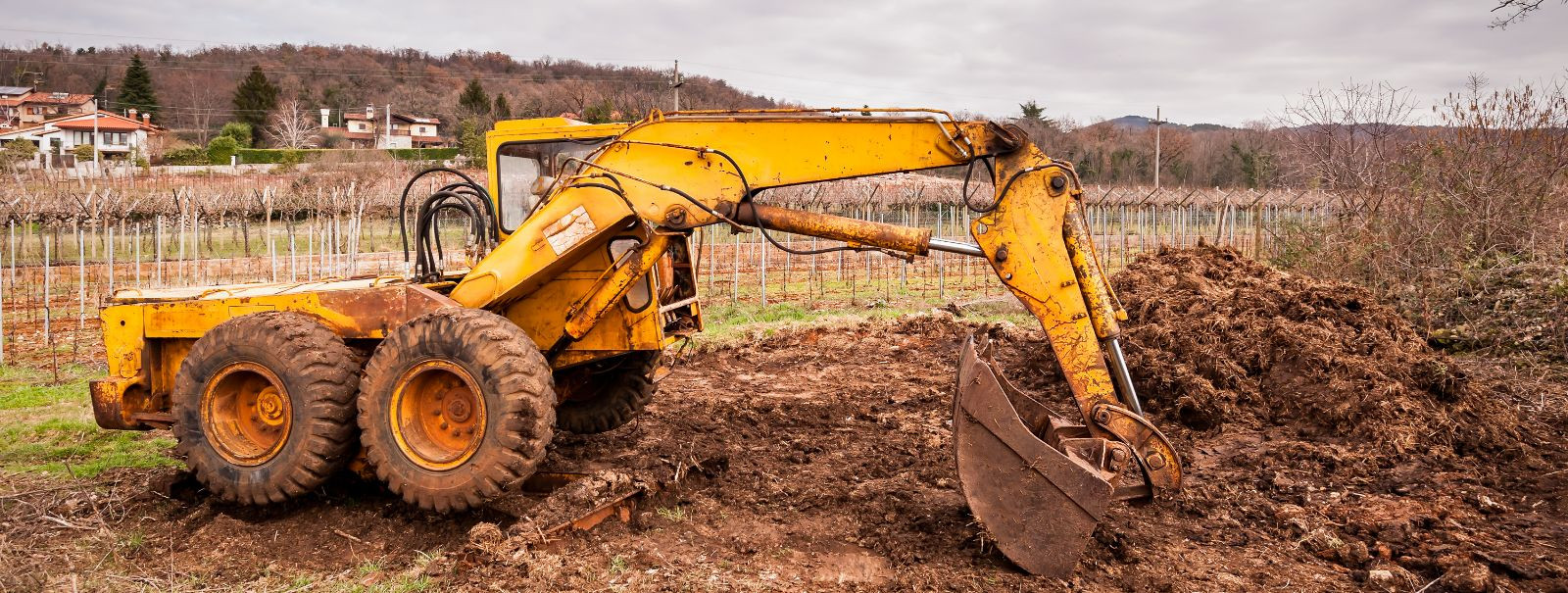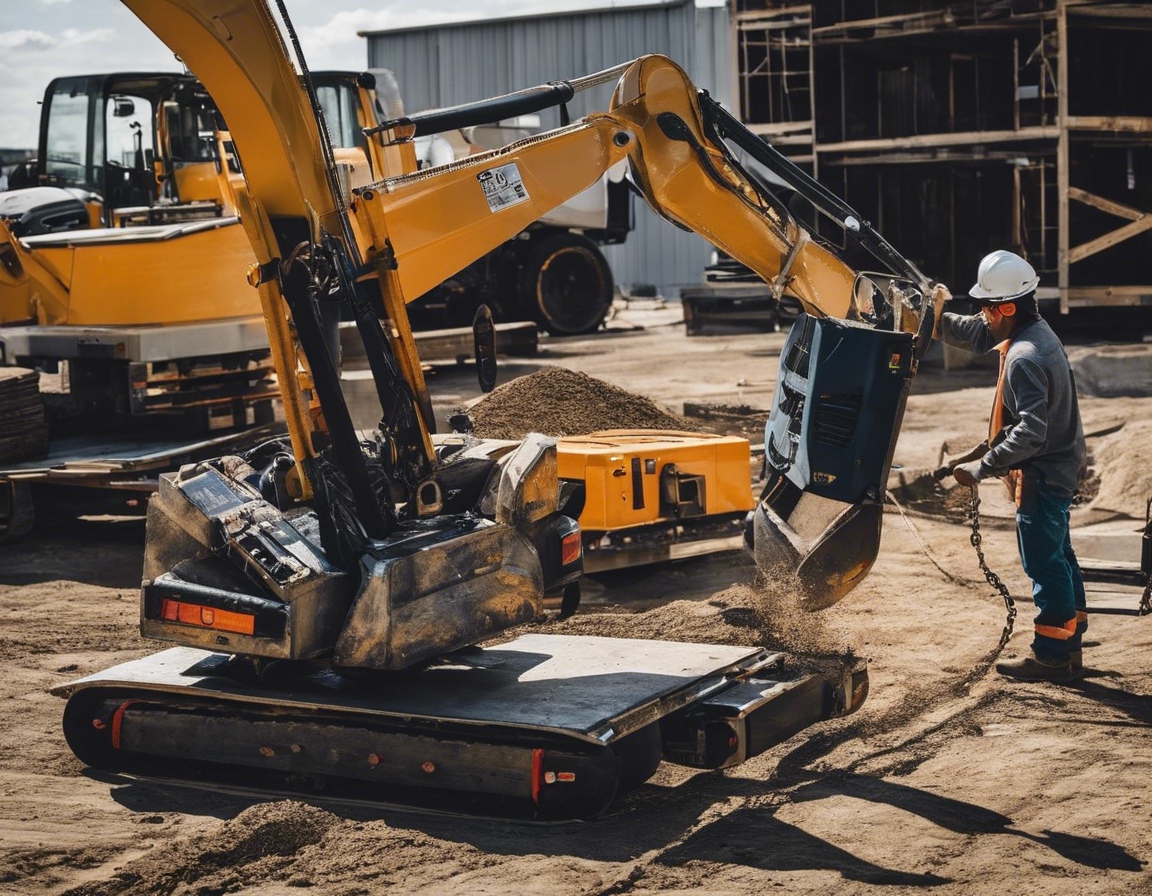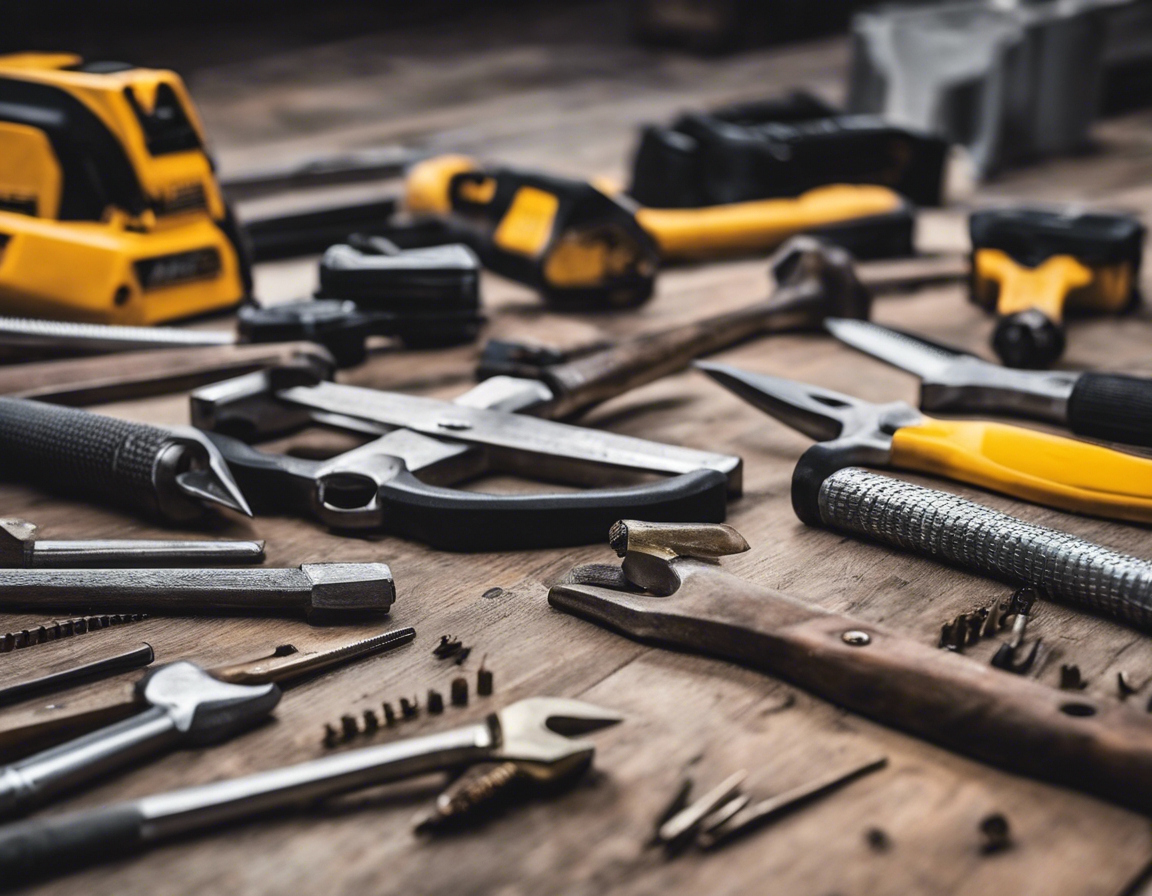5 tips for choosing the right excavator for your project
Choosing the right excavator for your project is crucial for efficiency, cost-effectiveness, and successful completion. With a variety of excavators on the market, it's important to select one that fits the specific needs of your project.
Understanding Excavator Types and Sizes
Mini excavators are perfect for tight spaces and smaller projects. They offer ease of transport and are ideal for landscaping, minor demolition, and residential work.
Standard excavators are versatile machines suitable for a wide range of tasks, including digging, lifting, and grading. They are a good fit for mid-sized projects.
Large excavators are designed for heavy-duty operations such as mining, large-scale demolition, and bulk earthmoving. They offer high power and capacity but require significant space and logistics.
Assessing Your Project Requirements
Consider the size and depth of the excavation, as well as the weight of the materials you'll be handling. This will help determine the size and type of excavator needed.
The site's terrain, space constraints, and soil conditions can influence your choice of excavator. Compact or wheeled models may be necessary for urban or sensitive environments.
Assess the types of materials you'll be working with. Different materials may require specific bucket types or additional attachments.
Considering Excavator Attachments
Choosing the right bucket is essential for efficiency. Consider bucket size, type, and teeth appropriate for your project's material and digging requirements.
Hydraulic attachments such as breakers, augers, and grapples expand the versatility of your excavator, allowing it to perform various tasks beyond excavation.
Quick couplers enable fast attachment changes, increasing productivity, especially when using multiple attachments throughout a project.
Evaluating Excavator Features and Technologies
The operator's comfort and the machine's ease of control can significantly impact productivity. Look for features such as ergonomic controls, good visibility, and comfortable seating.
Modern excavators come equipped with technologies like GPS, grade control, and telematics systems that can improve efficiency and accuracy on the job site.
Analyzing Cost and Serviceability
Decide whether renting or purchasing an excavator is more cost-effective for your project. Consider the duration of the project and the potential for future use.
Ensure that you have access to maintenance and support for your excavator. Reliable service can minimize downtime and extend the life of the machine.






Comments (0)